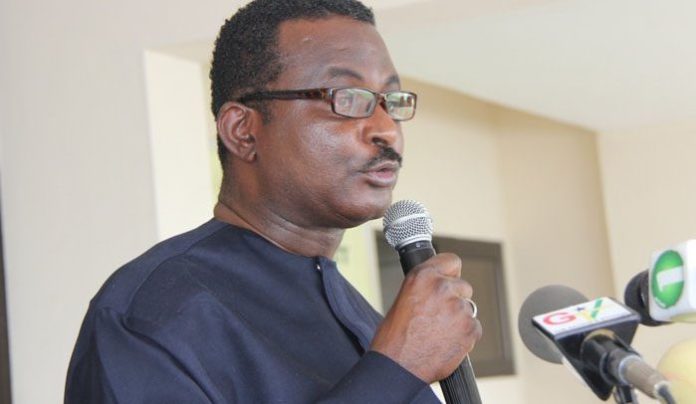The Member of Parliament for Cape Coast South, George Ricketts-Hagan, has highlighted the unique nature of Ghana’s 8th Parliament as a significant factor in the delays in approving the mini-budget.
Speaking on the Citi News Mr. Ricketts-Hagan attributed the challenges to the balanced composition of lawmakers from both the New Patriotic Party (NPP) and the National Democratic Congress (NDC), a structure often referred to as a hung Parliament.
Mr. Ricketts-Hagan explained that, this unusual parliamentary arrangement created a challenging environment for decision-making, revealing critical weaknesses in Ghana’s constitutional framework.
Reflecting on the tenure of the 8th Parliament, which concludes at midnight on January 6, 2024, he described it as an unprecedented and intriguing chapter in the country’s political history.
The hung Parliament, with its equal representation from the two major political parties, frequently resulted in deadlocks and heightened partisanship, complicating the legislative process.
According to Ricketts-Hagan, this dynamic exposed gaps in the Constitution, which does not provide sufficient guidance for managing such evenly split legislative bodies.
“The 8th Parliament has been a unique and interesting one,” Ricketts-Hagan remarked. “Having what is known as a hung Parliament has contributed to all the challenges we are discussing. It has also exposed certain gaps in our Constitution.”
He further elaborated on how this parliamentary structure has impacted budget processes.
“We have ended up in this situation due to this very [8th] Parliament. Normally, the mini-budget is presented before elections, usually in November, under the assumption that the government preparing it will either continue in office or be replaced by the opposition. This creates some uncertainty but allows the current government to frame the budget with the possibility of continuity or transition in mind” Ricketts-Hagan added.
ALSO READ:

